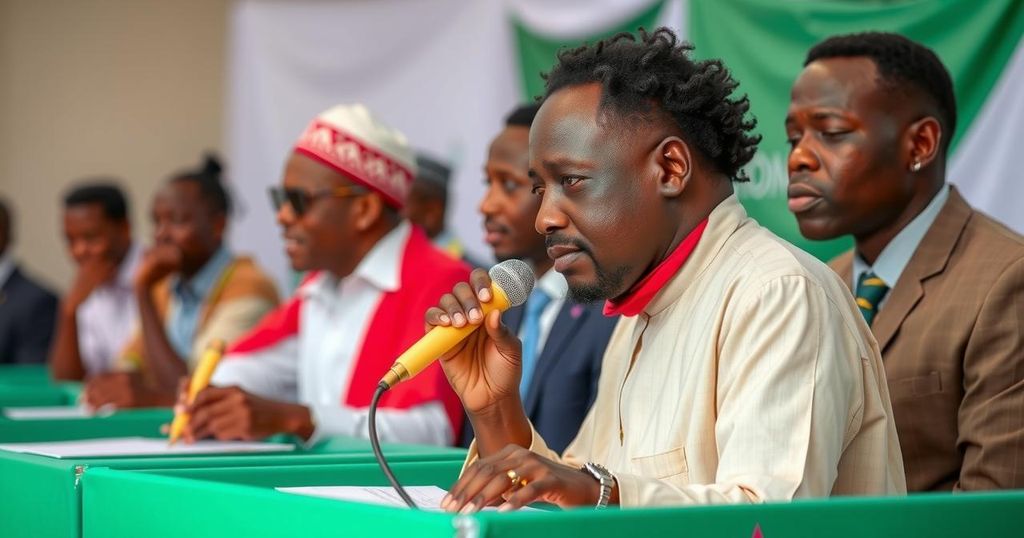Chad’s Ruling Party Secures Majority Amid Opposition Boycotts in Elections

Chad’s ruling Patriotic Salvation Movement has won 124 out of 188 National Assembly seats in a parliamentary election marked by a significant boycott from opposition parties. The electoral commission announced a 51.56 percent voter turnout, with opposition groups criticizing the election as a “charade”. This marks Chad’s first parliamentary election in over a decade and reflects ongoing challenges in the nation’s transition to democracy amid security threats and changing international relations.
The recent parliamentary elections in Chad, marked by significant opposition boycotts, have resulted in a decisive victory for President Mahamat Idriss Deby’s party, the Patriotic Salvation Movement. The electoral commission reported that Deby’s party won 124 out of 188 seats in the National Assembly, with a participation rate of approximately 51.56 percent. This election was framed by the ruling party as a critical step toward a democratic transition following Deby’s rise to power after the death of his father, the long-serving President Idriss Deby Itno. Notably, over ten opposition parties refrained from participating, deeming the election a “charade,” which casts doubt on the legitimacy of the electoral process. The elections, which included both municipal and regional contests, were the first in over a decade for Chad, a nation grappling with various security threats and changing international alliances.
Chad is currently navigating complex political dynamics following the death of Idriss Deby Itno and the subsequent ascension of his son, Mahamat Idriss Deby, who initially took control as a military leader in 2021. The elections were initially presented as a pivotal moment in Chad’s transition to democracy, yet the lack of opposition participation signals widespread skepticism regarding the electoral process. Furthermore, the country faces significant security issues, including violence from Boko Haram and shifting military alliances, especially concerning its relations with France. The context surrounding the elections underscores the challenges facing the Chadian political landscape as it attempts to move forward amidst these trials.
In summary, the recent parliamentary elections in Chad have underscored the ruling party’s dominance in a climate marked by significant opposition resistance. The reported majority of seats secured by the Patriotic Salvation Movement reflects not only the political landscape but also the skepticism surrounding the electoral process. As Chad confronts security challenges and navigates its post-colonial military relations, the ramifications of these elections will likely resonate beyond the immediate political outcomes.
Original Source: www.aljazeera.com







